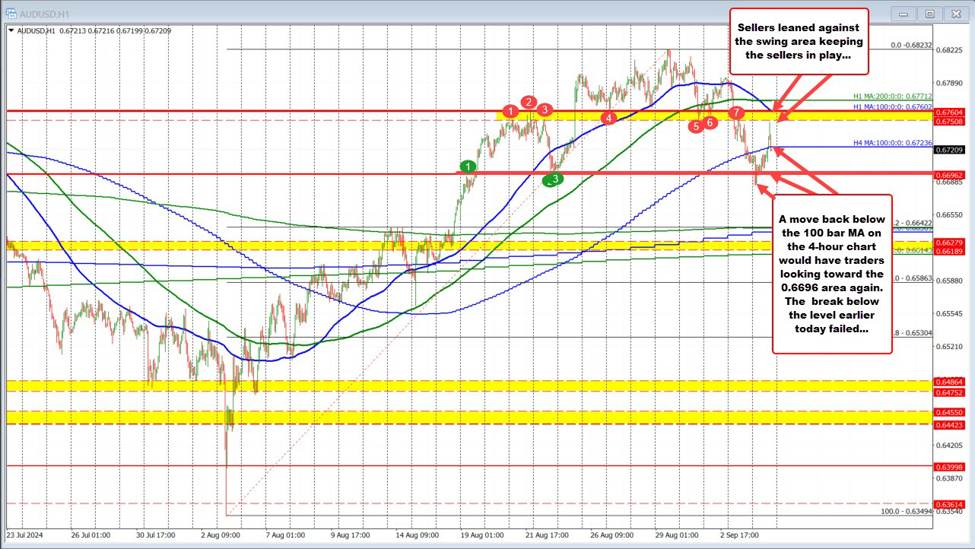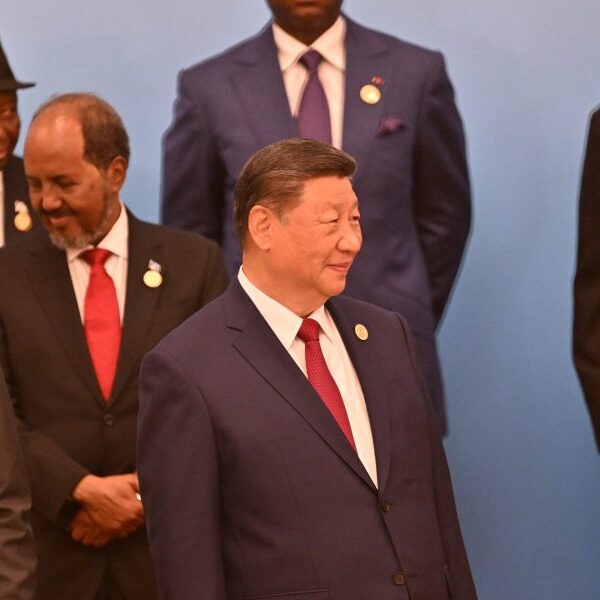J Studios
Growth is expensive, we all know that. Companies that aren’t profitable often trade at crazy multiples and generate a lot more promises than they do revenue. It’s exciting though, and people are willing to pay for that excitement. Slap on a trendy term like artificial intelligence and the sky’s the limit.
Today we’ll be looking at an opto-electronics company, Canada’s POET Technologies (NASDAQ:POET), which is trading on the strong side of its 52-week range and which has attracted a lot of interest in its POET Optical Interposer. We’ll be looking at what the company offers for investors, how the company is prepared to grow exponentially, and whether the current price is worthwhile.
Understanding POET Technologies
As mentioned, POET Technologies makes the POET Optical Interposer, which is an important tool for the integration of single-chip photonic devices. The devices will be highly useful for machine-to-machine communications and artificial intelligence.
The devices are used for optical engines which are increasingly important for AI clusters.
The Risks
Understandably, a company that is in a very fledgling, but growing industry is going to face a lot of risks. Here are just some of the risks that POET Technologies faces.
Investing in research and barely making a dime in revenue is bad for the bottom line, and that means the company will have to continue with liquidity issues until it somehow becomes a real going venture.
That could be a long-term problem too, as the company talks of growth in the years to come, but in my opinion has no clear-cut path to profitability in the industry. They are focused heavily on the optical interposer, but there is no guarantee that’s going to become a company-saving business in and of itself.
The product is part of the data communications industry, which is experiencing rapid growth, but also has high volatility. It is difficult to predict where the company is going from here, and they concede that customer demand for what they produce is difficult to forecast.
The optical components market is highly competitive, and some of those companies are already existing, going ventures, and it’s going to be difficult for them to convince customers to bet on POET Technologies over the long term when they have an interesting product, but little real history.
Statement of Operations
|
2021 |
2022 |
2023 |
2024 (1H) |
|
|
Revenue |
$209 thousand |
$553 thousand |
$466 thousand |
$8,710 |
|
Operating Income |
($17 million) |
($20 million) |
($21 million) |
($7 million) |
|
Net Income |
($16 million) |
($21 million) |
($20 million) |
($14 million) |
|
Diluted EPS |
(45¢) |
(57¢) |
(51¢) |
(27¢) |
(source: most recent 20-F annual report, 6-K reports for Q1, Q2 of 2024, filings from SEC)
As you can see from the revenue generated in recent years, POET Technologies is still in a very early stage of development into a company. They are not generating substantial revenue, and that revenue figure for the first half of this year is not a typo, they generated just $8,710 in revenue.
Without meaningful revenue, everything the company is doing loses them money, with the hope that they will someday grow into a business which will justify the millions spent on research and development.
Estimates for the next two years show that is mostly going to continue. This year is expected to generate a revenue of $298 thousand, losing 39¢ per share. Next year finally sees some revenue, at $13.77 million, but still another loss of 26¢ per share. 2026 finally sees more than seven-fold growth off of that, becoming narrowly profitable if the estimates hold. There’s a long way between then and now, however.
It is difficult to predict where the company will be five years down the road, but the costs of continuing research and such are very clear, and irrespective of some sudden influx of revenue growth, the loss is a constant thing to expect going forward in the next few years.
Cash Flow and Dilution
|
2021 |
2022 |
2023 |
|
|
Operating FCF |
($11 million) |
($12 million) |
($15 million) |
|
Investing FCF |
($7.3 million) |
$3.3 million |
($1.2 million) |
|
Financing FCF |
$26.5 million |
$3.4 million |
$10.2 million |
(source: most recent 20-F annual report, SEC)
Unsurprisingly, POET Technologies’ operating free cash flow is strictly negative. The company isn’t generating much cash, and all of its operations are burning through them. While the company doesn’t offer free cash flow figures in its quarterly reports, we can expect that this will be much the same this year, with less than $10 thousand in revenues generated.
The thing that is keeping the company at all having a functional amount of cash on hand is the financing free cash flow, which comes materially from issuing new shares. Obviously, this has a dilutive effect on the existing shareholders. Hopefully, there won’t be too much more dilution before the planned 2026 profitability.
This year that trend has continued, with the first quarter reporting they issued 435 thousand new shares for C$1.88 ($1.39 US per share), and this last quarter they issued another 4.59 million shares for C$2.22 ($1.65). You will note that this is half the price the company is currently trading for.
Conclusion
With a background in Optical Physics, I was very excited to review POET Technologies and dig into what they’ve developed in recent years. The company very much seems to be trying to be on the technological forefront of the opto-electronics industry, and it easily could become an important player in the years to come. That said, I don’t love the stock, and at these prices I have to rate them a sell.
POET Technologies is just in too uncertain a position to invest in it at this level, and there is no guarantee that the company will ever see profitability, apart from optimistic estimates.
Even if the company does grow into a healthy operation in the future, there is no way of knowing how much further POET Technologies’ shares will be diluted on the path from here to there. There is no way to estimate what the stock would be worth even in the best-case scenario, so I’d stay away purely on the basis of risk.
If you’re looking at valuing POET Technologies, I would look again at the second quarter sales of 4.59 million shares for $1.65 per share. If that is the price the company is selling itself at on the open market, it is not justifiable to pay over $3.00 per share today.















